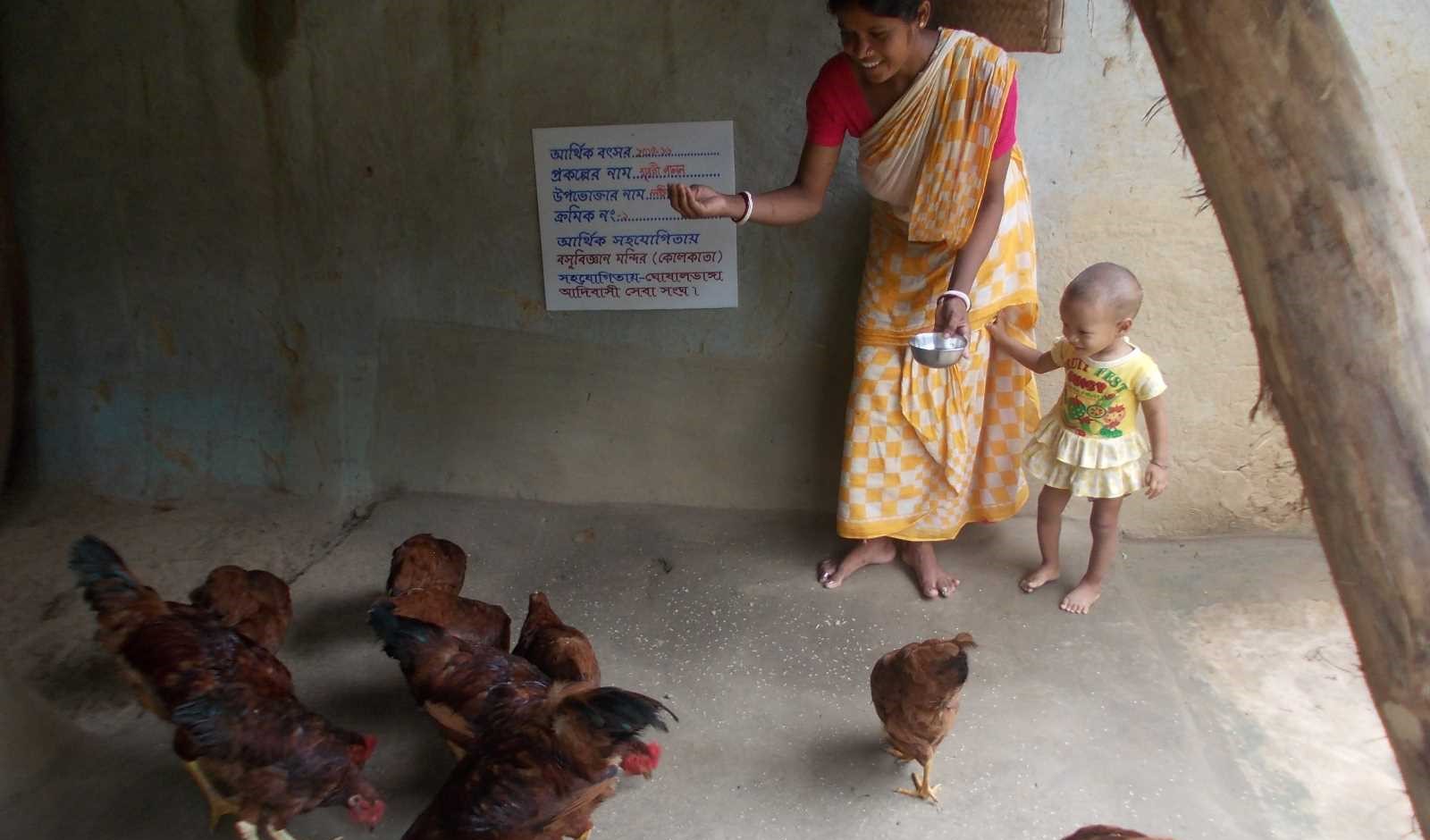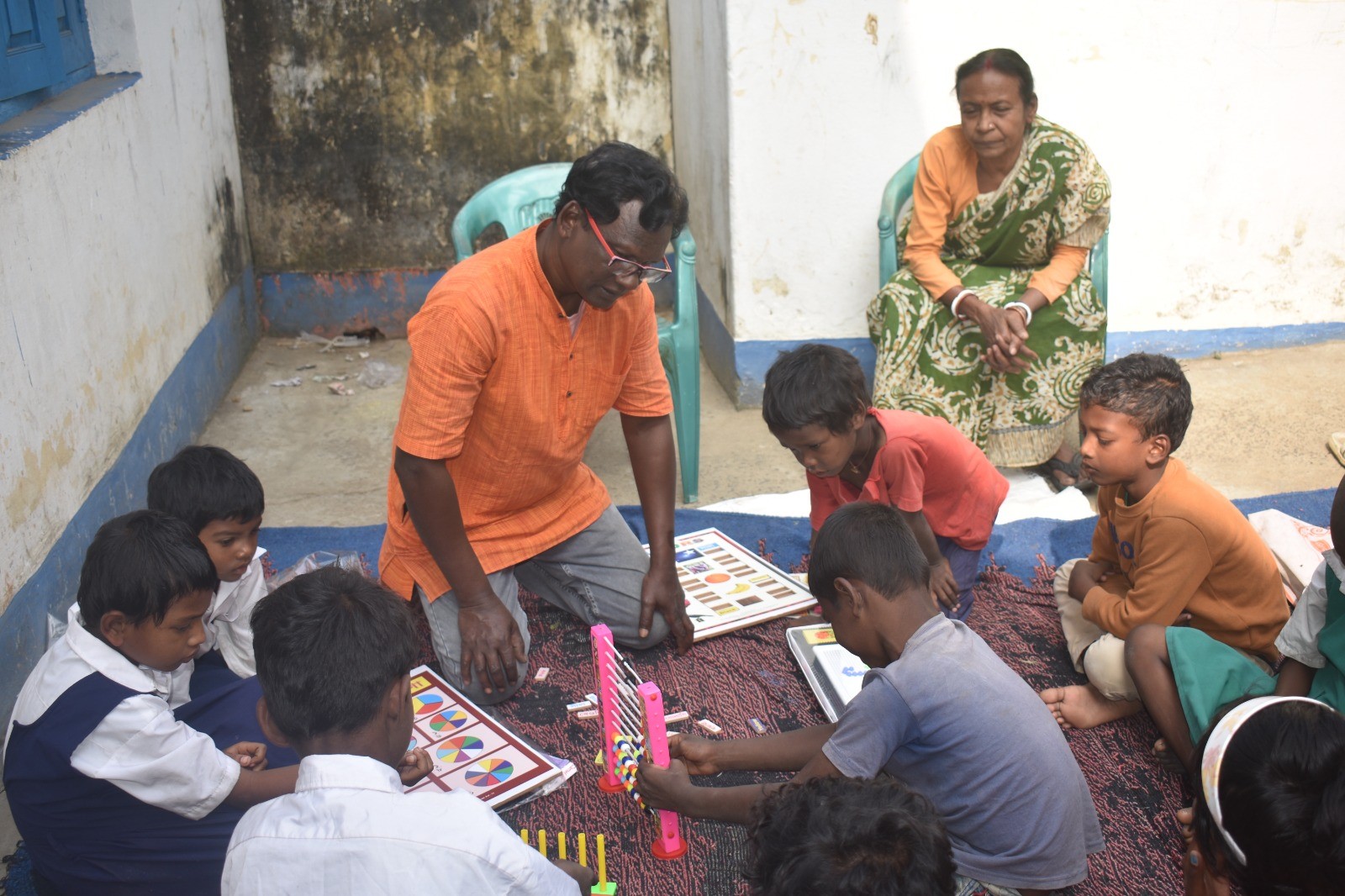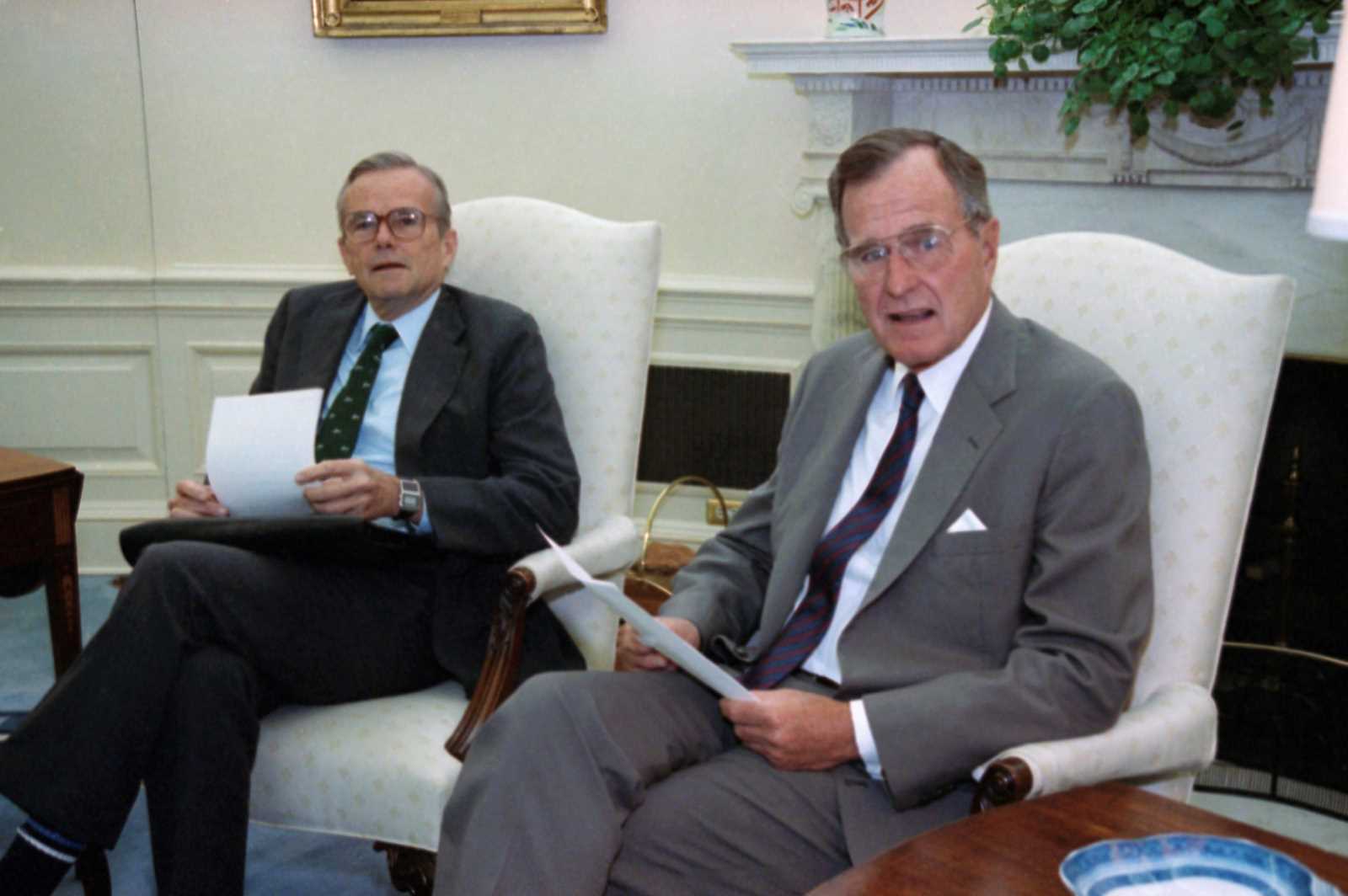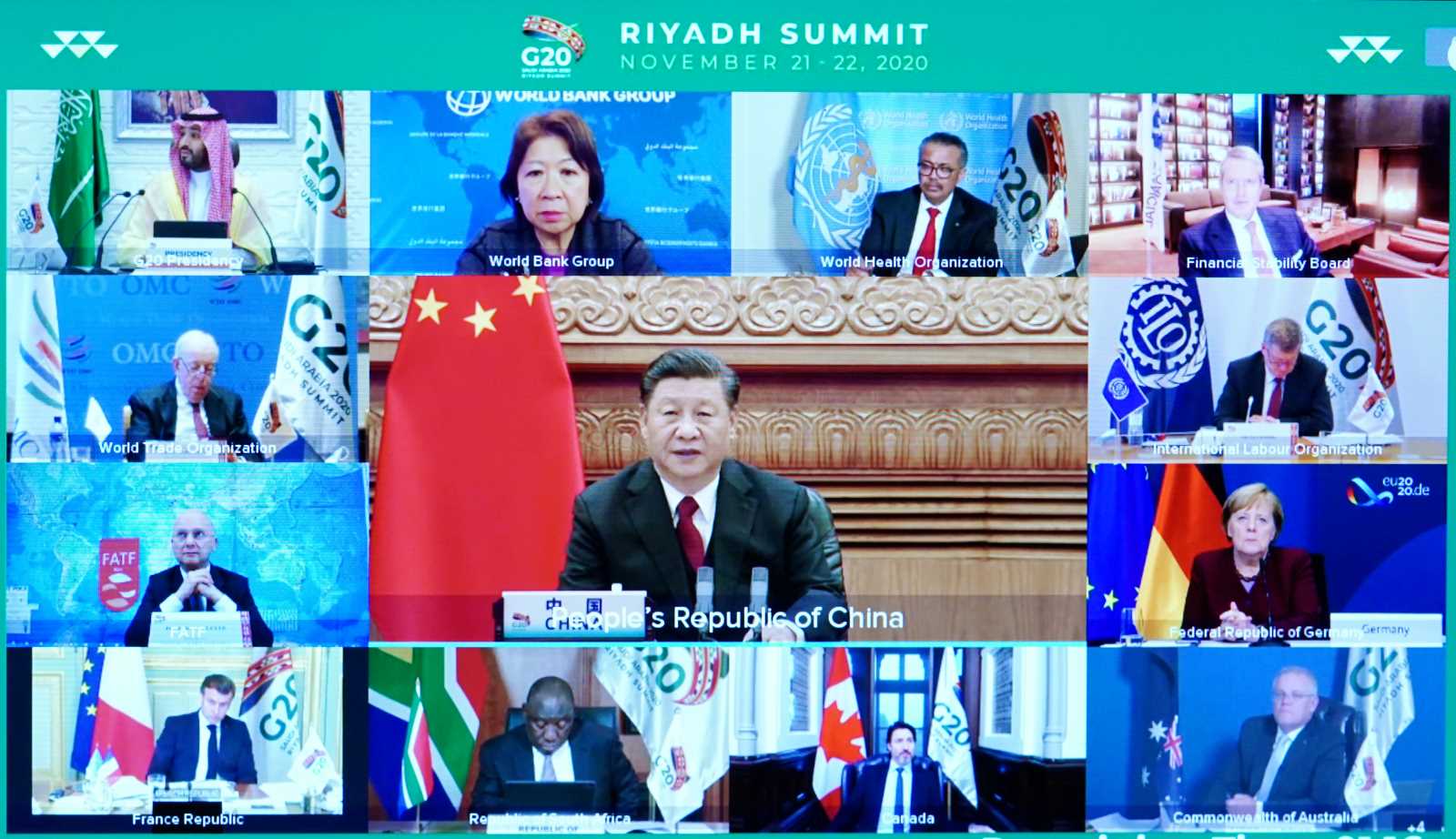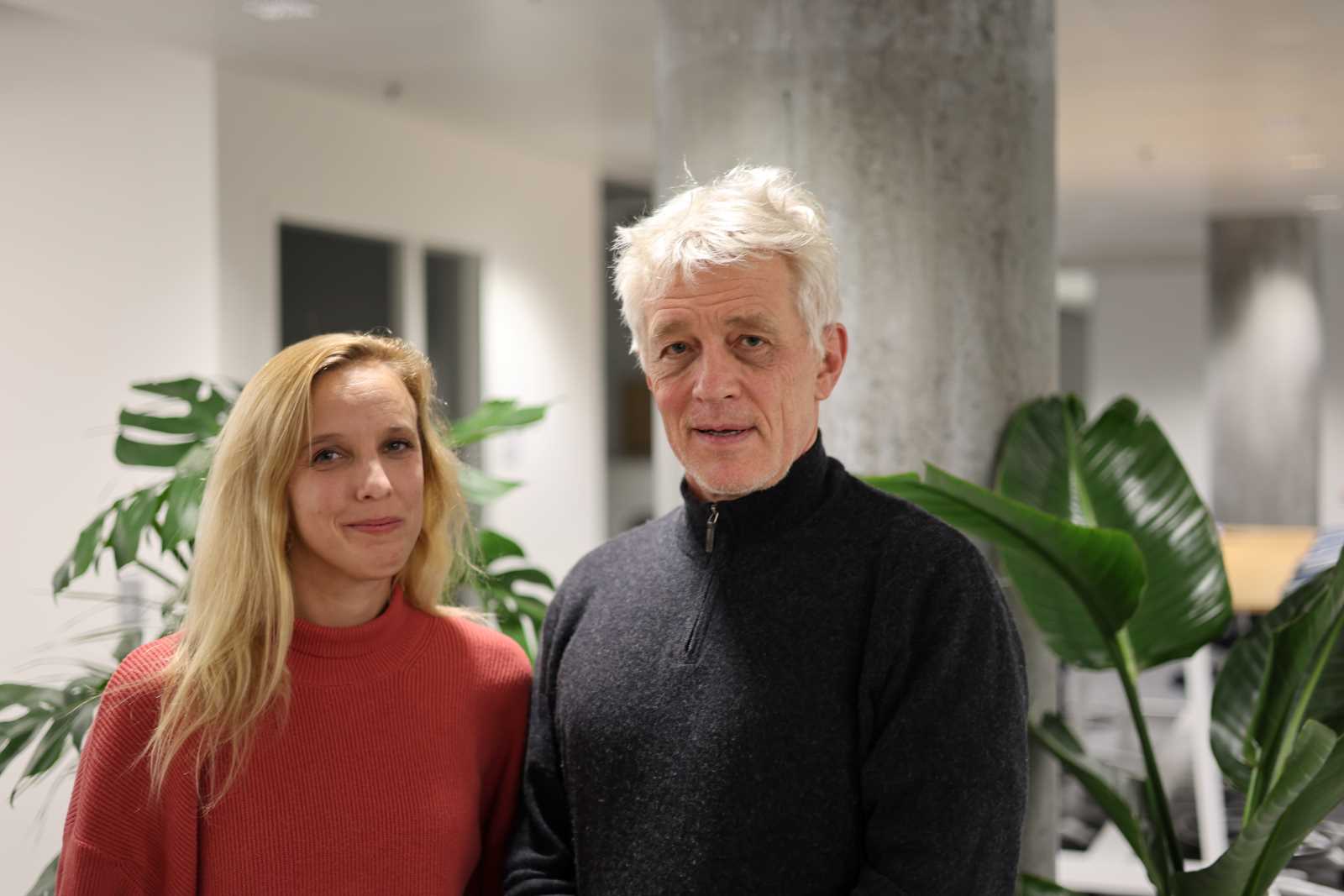Climate crisis
An Indian student expresses her concern about global heating
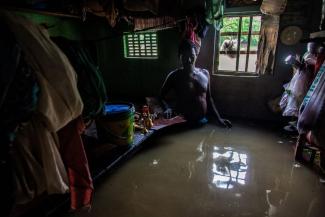
In recent years, Kolkata has witnessed unprecedented heat and prolonged summers. Temperatures went up to an unprecedented 46 degrees Celsius. When I walked into the premises of Jadavpur University in March, I saw fellow students drenched in sweat. Though the campus is normally two degrees cooler than the city due to its many trees, everyone was complaining about the heat. And we all knew that things are set to get worse in the future with global heating continuing unabated.
The Kolkata agglomeration has about 20 million people and faces serious environmental challenges. Monsoon rains have always flooded some areas, but sudden rainfalls now cause yet more and worse water logging. Slums are affected in particular, with poor people losing their homes and few belongings. For some vulnerable people, heat and erratic weather prove deadly, but there are no reliable statistics.
Urban planning was always comparatively poor in Kolkata. After severe neglect in colonial times, it really got started in the late 1970s. By then it had become very difficult to create adequate infrastructure for a huge built environment. No doubt, the planning agencies lack the capacities to cope with growing environmental challenges. That is similar in India’s other urban agglomerations.
Serious hardships affect rural areas too. Extreme weather events destroy harvests, while the increasingly erratic climate is making long established agricultural practices unviable. Rural infrastructure tends to be in a worse shape than the urban kind. As always, poor communities are affected worst.
Adivasi grievances
I am from the Santals, an Adivasi community. Across the subcontinent, Adivasis have a long history of living in harmony with nature and indeed serving as guardians of forests, mountains and wetlands. As more and more land was claimed for agriculture and other supposedly modern purposes, our communities were increasingly marginalised.
The struggles continue. In some areas, they have even escalated into situations of civil war under successive central governments. Violence then overshadows serious social and environmental grievances.
In the state of Chhattisgarh, Adivasi communities are opposing the destruction of vast forest areas for coal mines. Fitting the long-standing pattern, the Government of India has recently approved a massive new coal mine in the Hasdeo Forest. Over 20,000 Adivasi people live there. They revere the forest – and depend upon it. The government claims the mine will reduce India’s need to import energy. This is a particularly harmful fossil fuel.
So-called clean energy projects disproportionately affect Adivasis too. In the state of Arunachal Pradesh, for example, a proposed hydroelectric power project on the river Siang would submerge the ancestral land of the Adi tribe. More than 100,000 people are set to be displaced. Unsurprisingly, determined protests have been going on for 15 years.
The rural poor tend not to have much political influence in any country, especially if they belong to minority communities. This is an important reason why the destruction of natural environments, the displacement of Adivasi communities and the disregard for our rights continue.
Reconsidering national priorities
As a nation, India must certainly rethink where our priorities lie. We face huge social and political problems, and they will get worse if we do not pay attention to ecological issues. The climate crisis is worsening poverty and disparities. Large areas are turning arid. At the same time, ever more precious land is being eroded in other places.
India is still a comparatively poor country and has contributed rather little to making climate change happen. Many young people understand, however, that we cannot copy the environmentally destructive consumer societies of high-income nations. Indeed, those nations must change. More air conditioning, more cars and more plastic waste will compound, not solve the global environmental crisis.
Global heating is not something that will happen sometime in the future. We are living it now, and it keeps getting worse. It is high time for governments around the world to wake up – and that includes the Indian one.
Ipil Monica Baski is a student at Jadavpur University in Kolkata.
https://www.instagram.com/whois.ipil01_/
ipilbaski16001@gmail.com

